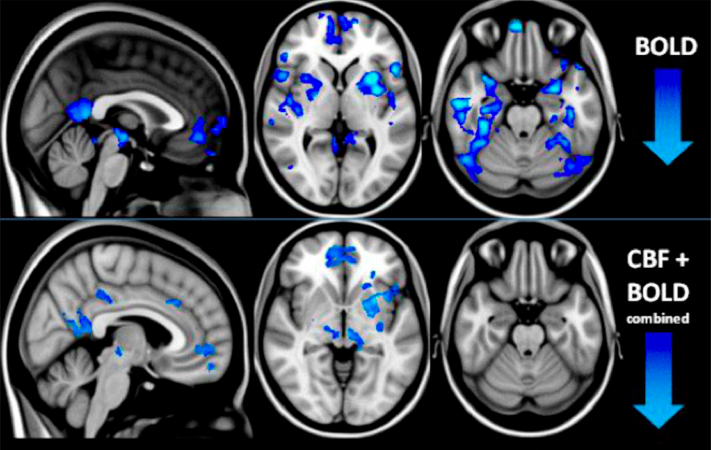Recent research suggests fascinating connections between the effects of the psychedelic drug psilocybin and personality traits related to inner experience. Personality appears to influence response to psilocybin and psilocybin can promote changes in personality, suggesting a reciprocal relationship. Further research in this area could lead to new insights into the basis of human personality and creativity.
psilocybin found that people who had never before taken the drug experienced an enduring increase in their level of openness to experience that was evident more than a year later, 60 percent of the 51 participants in a new study, say Johns Hopkins researchers.
By “openness,” they mean traits related to imagination, aesthetics, feelings, abstract ideas, and general broad-mindedness, the researchers said. Changes in these traits, measured on a widely used and scientifically validated personality inventory, were larger in magnitude than changes typically observed in healthy adults over decades of life experiences, the scientists say.
Researchers in the field say that after the age of 30, personality doesn’t usually change significantly. “Normally, if anything, openness tends to decrease as people get older,” says study leader Roland R. Griffiths, a professor of psychiatry and behavioral sciences at the Johns Hopkins University School of Medicine.
The research was approved by Johns Hopkins’ Institutional Review Board and funded in part by the National Institute on Drug Abuse. The study participants completed two to five eight-hour drug sessions, with consecutive sessions separated by at least three weeks. Participants were informed they would receive a “moderate or high dose” of psilocybin during one of their drug sessions, but neither they nor the session monitors knew when. During each session, participants were encouraged to lie down on a couch, use an eye mask to block external visual distraction, wear headphones through which music was played and focus their attention on their inner experiences.
 Personality was assessed at screening, one to two months after each drug session and approximately 14 months after the last drug session. Griffiths says he believes the personality changes found in this study are likely permanent since they were sustained for over a year by many.
Personality was assessed at screening, one to two months after each drug session and approximately 14 months after the last drug session. Griffiths says he believes the personality changes found in this study are likely permanent since they were sustained for over a year by many.
Professor Griffiths says he believes psilocybin may have therapeutic uses. He is currently studying whether the hallucinogen has a use in helping cancer patients handle the depression and anxiety that comes along with a diagnosis, and whether it can help longtime cigarette smokers overcome their addiction. “There may be applications for this we can’t even imagine at this point,” he says. “It certainly deserves to be systematically studied.
Psilocybin is known to strongly influence the subjective experience of the passage of time. Users often feel as if time is slowed down, resulting in the perception that "minutes appear to be hours" or "time is standing still". Studies have demonstrated that psilocybin significantly impairs subjects' ability to gauge time intervals longer than 2.5 seconds, impairs their ability to synchronize to inter-beat intervals longer than 2 seconds, and reduces their preferred tapping rate. These results are consistent with the drug's role in affecting prefrontal cortex activity. With MRI studies blood flow have been reduced to certain areas to the brain, slowing or reducing activity to the mechanisms for "self" or "what we are"(the thalamus and anterior and posterior cingulate cortex (ACC and PCC). Although the toxicity of psilocybin is low in rats, the median lethal dose (LD50) when administered orally is 280 milligrams per kilogram (mg/kg). Psilocybin could be the key element to curing certain anxieties or depression from everyday constraints. Perhaps one day the chemical triggers that can reduce blood flow which deactivates anxiety can be manufactured without the hallucinations...





No comments:
Post a Comment